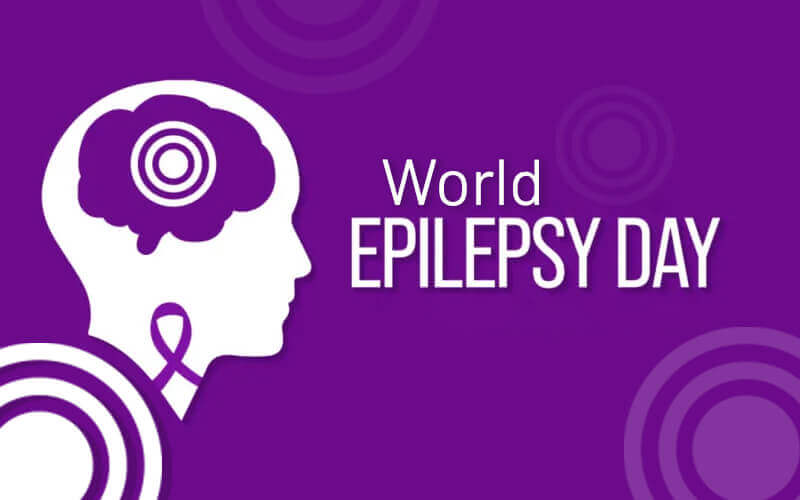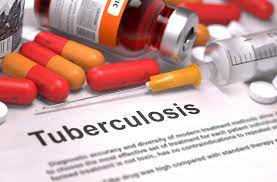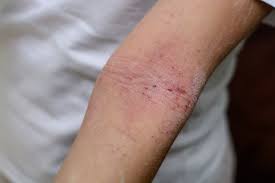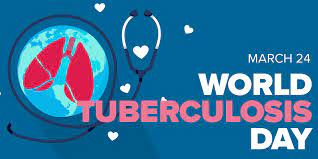Dietary supplements, energy drinks pose serious health risks: Research
Tue 25 Jul 2017, 13:34:52
Dietary supplements and energy drinks may cause serious health issues and should be taken with caution, warn scientists who found that poison control centres in the US receive one call every 24 minutes on average regarding exposure to such products.
Researchers from the Nationwide Children's Hospital in the US found the rate of calls regarding dietary supplement exposures increased 49.3 per cent from 2005 to 2012.
Seventy per cent of dietary supplement exposure calls occurred among children younger than six years old and the majority of these were unintentional.Most exposures (97.3 per cent) occurred at home, and in more than 97 per cent of the cases, the child swallowed the substance.
Serious medical outcomes accounted for 4.5 per cent of exposures and the most serious outcomes (95 per cent) occurred among children six years and older.
"Many consumers believe dietary supplements are held to the same safety and efficacy standards as over-the-counter medications," said Gary Smith, director of the Center of Injury Research and Policy at Nationwide Children's Hospital.
"However, dietary supplements are not considered drugs, thus they are not required to undergo
clinical trials or obtain approval from the FDA prior to sale, unless the product is labelled as intended for therapeutic use," said Smith.
clinical trials or obtain approval from the FDA prior to sale, unless the product is labelled as intended for therapeutic use," said Smith.
Miscellaneous substances found in commonly used dietary supplements accounted for the majority of exposure calls (43.9 per cent).Other substances involved in exposures included botanicals (31.9 per cent), hormonal products (15.1 per cent), and other supplements (5.1 per cent).
Amino acids, cultural medicines and energy products each account for less than two per cent of exposures.
The dietary supplements with the highest proportion of serious medical outcomes were energy products, botanical and cultural medicines.
Energy products, including drinks, advertised to increase energy and mental performance, can cause bad clinical effects as well.Many energy product exposures were unintentional and occurred among young children, causing heart and breathing problems, seizures, and other clinical problems.
Findings support the need for improved energy product regulation, child-resistant packaging, and caregiver information, researchers said.
The research was published in the Journal of Medical Toxicology.
No Comments For This Post, Be first to write a Comment.
Most viewed from Health
AIMIM News
Latest Urdu News
Most Viewed
May 26, 2020
Do you think Canada-India relations will improve under New PM Mark Carney?
Latest Videos View All
Like Us
Home
About Us
Advertise With Us
All Polls
Epaper Archives
Privacy Policy
Contact Us
Download Etemaad App
© 2025 Etemaad Daily News, All Rights Reserved.






.jpg)

























